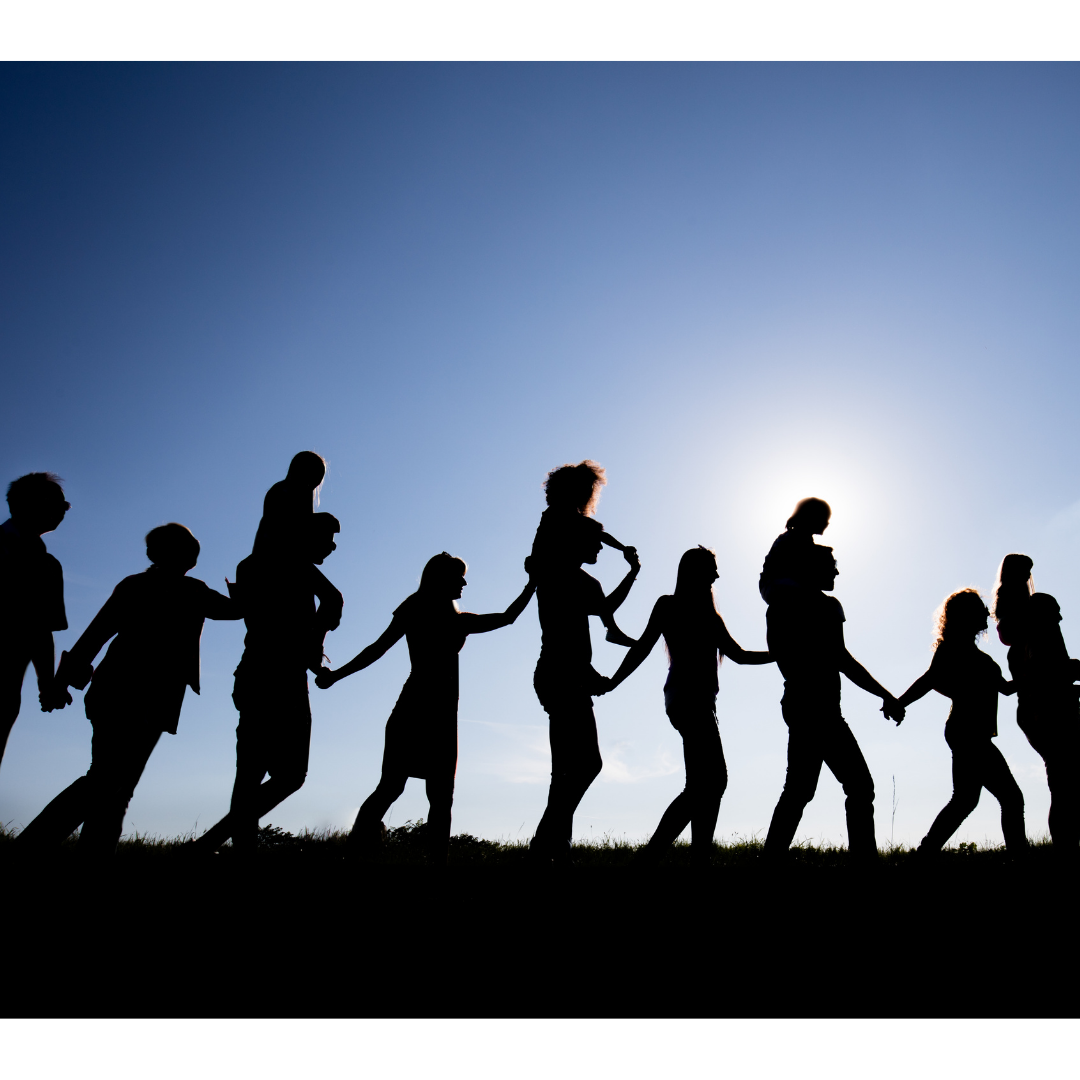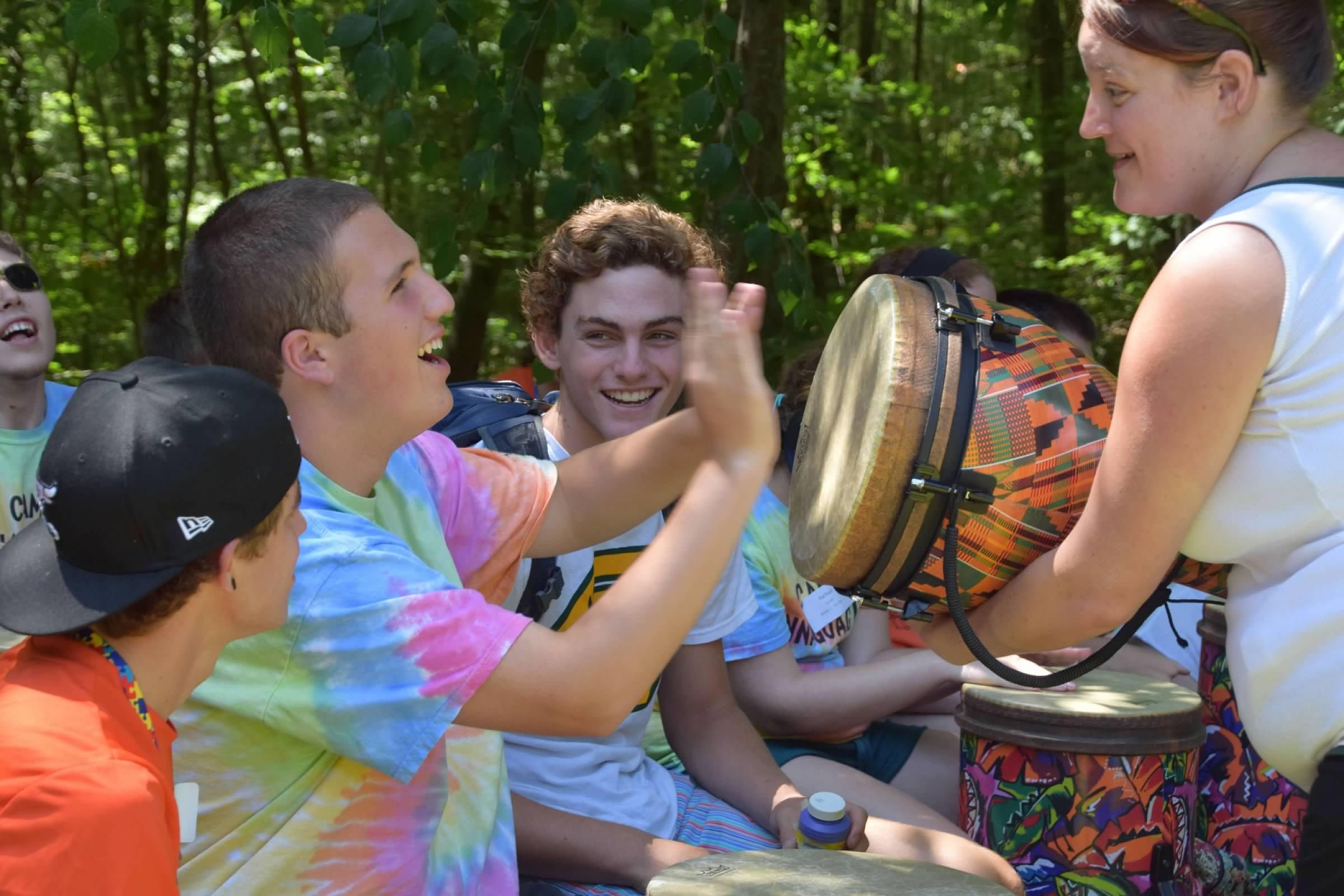How Social Skills can be made safer and more beneficial to Autistics
I know about how one man's “trash” is another man's “treasure”. On that same token, one man's “gift” is another man’s curse. To start, social skills groups themselves are not bad. What is bad is that the skills are taught one way.
Many social groups tend to prioritize neurotypical communication vs. two-way communication. There are some people with autism spectrum disorder (ASD) who don’t like any sort of what they consider autism training, including social groups.
Social groups however can be good. They provide us with connections to other autistics, and teach us neurotypical language. The issue is there are no social groups for neurotypical people to learn ours. Also, many social skills focus on set defined skills rather than adapting how we socialize to be respectful in multiple social settings.
This article isn’t saying current social skills groups are abusive. This article is simply an observation on where our social groups and supports for autism can be more supportive or more tailored to autistic clientele.
The main takeaway of what you are about to read is that our groups should seek to prioritize multicultural social skills, helping autistic people connect with peers regardless of if they are disabled or not, and tailor our approach to the person's needs. (Needs being from the individual's stated needs or non-speaking signals.)
That being said.
According to Collins Dictionary Social Skills are defined as: The skills that are necessary to communicate and interact with others. Autism is defined as a condition in which a person has trouble with social / behavioral / communication skills.
The Definition for Autism Above is Wrong
For the reason that what is socially, communicationally, and behaviorally appropriate varies from culture to culture.
Example: Many African languages (Khoisan languages) incorporate clicking sounds. These clicking sounds are literally just a consonant in the languages. The Tsk, Tsk (disapproval click sound) also has a long history of use in Chinese language as well.
With disability: In sensory processing, clicking our tongues can feel good. It feels natural. It makes us aware of the feeling in our mouths and helps ground us to the present moment. Some people mistake this with boredom. However, it’s more of a sensory habit to ground ourselves.
In Eurocentric spaces: Tongue clicking expressed disappointment (Think the Tut-tut tongue click)
Another example: Is hand shaking.
In Eurocentric cultures: People are taught to shake hands at sports events or job interviews. (Also, another weirdly Eurocentric thing is the lack of checking in before handshakes, hugs, or touch of any kind. Consent is any kind of contact even hugs or handshakes.)
General handshake rules prefer if looking to shake hands a woman should offer her hand first. (If it is acceptable for the culture.) If women do not participate in handshakes just wait for the person opposite to offer a hand first. Also, the United States is a rare place that values hard handshakes vs. soft handshakes but most places prefer soft handshakes.
In Orthodox, Muslim and Jewish Cultures: Handshakes can be really invasive and intrusive, as well as, can be considered extremely disrespectful to shake hands with somebody of the opposite gender as it can be considered immodest. In cultures who choose not to, choosing not to do a handshake is kind. Not handshaking a member of the opposite gender is recognizing the honor of the person across from you. Eurocentric Feminism often disrespects women who feel empowered by headscarves and avoiding handshakes.
Eurocentricity pushes for elimination of patriarchy/male control. Eurocentric Feminism does not consider what if one chooses this for themselves and is happy with it? Feminism should be individual. Headscarves shouldn’t be shamed.
In specific Middle Eastern Countries, it is also considered an insult to pull your hand away quickly. In Germany it is considered rude to have a hand in your pocket whilst shaking hands.
In Asian Cultures a lot of handshake customs have to do with respecting social rank. Some Asian countries also only allow handshakes between people of the same gender. Handshakes also vary by social rank in some Asian cultures.
The point of discussing handshake etiquette and linguistic clicks built into languages is that the social skills we are teaching are just training children into Eurocentric social standards. This continues the cycle of Racism/Colonialism in medicine.
Autistic people have social unconscious biases from media and society, but this is compounded with unconscious bias from European social standard enforcement. People have asked if autistics are “less” racist or prejudiced. When I was younger and more ignorant, I would respond that I thought so due to my white privilege. The truth of the matter is autistic social society isn’t “less” racist or prejudiced. It’s that most of it is either excused away or avoided with ideas that autistic people can’t understand social prejudice. Thus, why upset them?
However, that mentality towards autism/disability is why there is EXTREME diagnosis barriers for Black Latina/Latinx and Indigenous autistics. As well as barriers for Female, Non-binary, and Trans autistics.
https://www.cdc.gov/ncbddd/autism/addm-community-report/differences-in-children.html
https://awnnetwork.org/hiding-in-plain-sight-diagnosis-barriers-for-autistic-women-and-girls/
Non-binary and Trans folks need to be considered more in terms of ASD support.
Formal diagnosis isn’t a right fit for everyone. Our current social skills are teaching kids into conformity to European values which is exclusive, and dangerous especially when you consider colonialism. If we teach children against natural autistic social values and/or cultural values and place societal conformity over comfort and identity, we erase people. Most autistic folks don’t even realize when they start to conform or mask. Nor do teachers ever see students break down at home from removing the mask.

So, What We Do About It?
We should prioritize helping autistic people identify social standard shift and respect the shift.
What is a Social Shift?
A Social Shift Is the change in appropriate social skills depending on the space/culture/person you are talking too. If we can ask one social culture to learn mainstream social culture, mainstream social culture should be learning to respect and conform when appropriate to the cultures asked to conform to them.
Basically, it’s saying the burden of learning one’s social ways shouldn’t only be pressured for one culture and not another. Learning about each other to value and respect each other is the future.
Why are Social Skills inefficient at this?
One Social Skill Spaces as they are Eurocentric create unwelcoming environments to BIPOC, LGBTQ+, and folks who are non-speaking.
What does Social Shift Recognition Entail?
Social shift recognizes and focuses on cultural acceptance and awareness in relation to social skills. Social shift recognition would prioritize fostering acceptance of autistic traits in both oneself and others.
Flapping: A stim to regulate energy. Under Social Skills is considered “inappropriate behavior”.
When I was a kid we had to list what was expected of us vs. what was unexpected of us in terms of “behavior”. Then we were taught to refrain from the unexpected, as unexpected behavior is considered socially “bad”. (At least to European standards.)
Flapping would have been on the unexpected list. As would talking at the same time as the teacher or dominating a conversation. The unexpected list is an example of social skills education in terms of reinforcing cultural conformity/colonialism in social skills vs. learning together about why flapping/echolalia and special interests are natural and often have biological and medical reasons for happening.
We speak so much of autism as something to “fix”/ “cure.” The issue with this is that autism is a disability. Autistic brains are physically shaped differently. We often have larger brains, a larger or smaller amygdala, we perceive more sound medically but also feel it physically often according to recent research.
There are significant considerations for why autistic social culture is valid, as well as why autism cannot and should not be cured. “Curing” and “pathologizing” autism is dangerous and invasive to the individual. The best approach is to meet students where they are and to listen to autistic students about their needs and cultural considerations to adhere to. Then we aim to support autistic individuals by being an ally in normalizing the things they do for their safety and health others don’t understand.
When an autism person interrupts or speaks out of turn correcting, punishing, and, detailing lessons for natural cultural behavior is bad for everyone in the room. The other kids learn the disabled kid is “bad”, you lose class time, and the autistic person feels ostracized which often results in us being more impulsive or nervous and interrupting more as a result even if we don’t necessarily want to.
So instead listen to what the autistic person is saying. If it’s on topic of your lesson you may find your lesson benefits, or it makes a good transition to the next material. If it’s off topic, it may be the person sees a connection to what is off topic to the topic. So, try asking the person to connect the point or follow the thought. If it is off topic, just set aside infodump time with the student where they can speak to you as a teacher about their interests. This will help them build trust with you as an educator and you will see an improvement in their work if they are not so worried about judgement.
This doesn’t mean don’t correct ever. It means correct mindfully, obviously if an autism person says something prejudiced or hurtful, they should be held accountable. Then a conversation should be had about why what was said what social biases need to be unlearned. There of course needs to be repercussions prejudice and bias is never ok, disabled or not. If they don’t understand, explain to the student why it’s offensive clearly, perhaps using historic examples. In a private place as not to retrigger the person who was harmed by what was said.
Social shift recognition recognizes the culture of autistic people as a culture as well as a disability. It aims for acceptance and respecting cultural social skill differences. As well as, to accommodate not only a person's needs due to disability, but also accommodating to respect culture as well.
Social shift recognition aims for the teaching of both sides. If an autistic student must learn about the social culture of neurotypical students, neurotypical students must learn about autistic social culture as well. Social shift recognizes and prioritizes understanding just how many social cultures there are, what are the boundaries for people with privilege in relation to other communities, and how can we check our privilege.
The goal of social shift recognitions is acceptance.
The tenets of social shift recognition are:
Assume competence, create welcoming spaces regardless of culture.
Prioritize acceptance.
Understand western medicine isn’t more valid than cultural medicines.
Provide culturally aware and informed support rather than relying on systems that seek to change or repress autistic behavior ex. ABA Therapy which was made by Ivar Lovaas who also pioneered Gay Conversation Therapy.
https://awnnetwork.org/autistic-conversion-therapy/
- Autistic advancement is needed in modern society.
- Recognizing autistic achievements is needed in modern society.
- Multicultural autistic perspectives are needed in modern society.
- Autistic children need to see autistic adults, elders, and teachers in society.
- Autistic adults need to see autistic adult employees equally.
- Autistic adults need to be seen as having the same concerns and needs as neurotypical peers. Only with whatever added needs they have.
- Autistic people need to see other autistics as successful spouses, parents, friends, and community members.
- Valuing autistic choices including cultural choice including the choice not to want full integration or the choice not to value neurotypical friendships over neurodiverse ones.
There’s a lot to rethink in terms of supporting autistic people. I don’t speak for All autistics. I have white privilege and I have many other privileges as well. So read from autistic people who are LGBTQ and BIPOC as well, center and prioritize their voices in this conversation. Prioritize non speakers and communities facing compounded oppression.
I’m still learning how to listen and be a better ally to autistic folks in multiple communities. Thus, I am not the be all and end all and it is important to consider this is only my perspective. All people can improve on how we respect each other as well as ourselves.
Thank you for reading hopefully this inspires you to investigate other autistic leaders.



